Great frauds in history: the Hound of Hounslow
"Flash crash" trader Navinder Singh Sarao made around $70m from manipulating the futures market.


Get the latest financial news, insights and expert analysis from our award-winning MoneyWeek team, to help you understand what really matters when it comes to your finances.
You are now subscribed
Your newsletter sign-up was successful
Want to add more newsletters?
Navinder Singh Sarao was born in Hounslow, west London, in 1979. He graduated from Brunel University and took a job at Futex, a trading firm that allowed workers to trade with the firm’s own money in return for half of the profits. Sarao enjoyed huge success, but was unhappy with handing over a share of his winnings, so he moved to another trading house, CFT Financials, in 2008, buying a seat on the Chicago Mercantile Exchange (CME) in order to cut trading costs.
What was the scam?
A chunk of Sarao’s earnings came from “spoofing”, a form of market manipulation. He would place trades in e-mini S&P futures (a financial instrument based on the price of the S&P 500), cancel them before they could be filled, then profit from the resulting price movements. His early trades were relatively small, but he developed his own software system that allowed him to place (and cancel) larger sums, accounting for up to 7% of e-mini futures trades.
What happened next?
US regulators claim that on 6 May 2010 Sarao placed cancelled trades equal to nearly a third of the total shares on offer that day. This in turn vastly increased the impact of a large $4bn sell order from asset manager Waddell & Reed, causing the Dow Jones to briefly plunge by 9%, although it quickly rebounded (the “flash crash”). The CME warned Sarao several times, both before and after the event, but it wasn’t until 2015 that Sarao was arrested at the Hounslow home from which he conducted his trades – the press dubbed him the “Hound of Hounslow” – and extradited to the US.
Try 6 free issues of MoneyWeek today
Get unparalleled financial insight, analysis and expert opinion you can profit from.

Sign up to Money Morning
Don't miss the latest investment and personal finances news, market analysis, plus money-saving tips with our free twice-daily newsletter
Don't miss the latest investment and personal finances news, market analysis, plus money-saving tips with our free twice-daily newsletter
After pleading guilty to spoofing (which was only made illegal in the US in 2010, and is covered under market manipulation rules in the UK) and wire fraud, Sarao was allowed to return to the UK, and was sentenced to one year of home supervision earlier this year, partly because of his help in identifying other scammers.
Regulators estimate that he made $879,018 from the flash crash alone, plus $70m from his trading between 2009-2015, though they accept that some of this came from legitimate trades. Ironically, Sarao lost most of his fortune after he invested in a tax-avoidance scheme that proved to be a front for an investment scam.
Lessons for investors
Sarao had extraordinary mathematical abilities and trading prowess. If he can get so badly burned by stock volatility and scams, so can you.
Get the latest financial news, insights and expert analysis from our award-winning MoneyWeek team, to help you understand what really matters when it comes to your finances.

-
 Could you get cheaper loans under ‘significant’ FCA credit proposals?
Could you get cheaper loans under ‘significant’ FCA credit proposals?The Financial Conduct Authority has launched a consultation which could lead to better access to credit for consumers and increase competition across the market, according to experts.
-
 8 of the best properties for sale with minstrels’ galleries
8 of the best properties for sale with minstrels’ galleriesThe best properties for sale with minstrels’ galleries – from a 15th-century house in Kent, to a four-storey house in Hampstead, comprising part of a converted, Grade II-listed former library
-
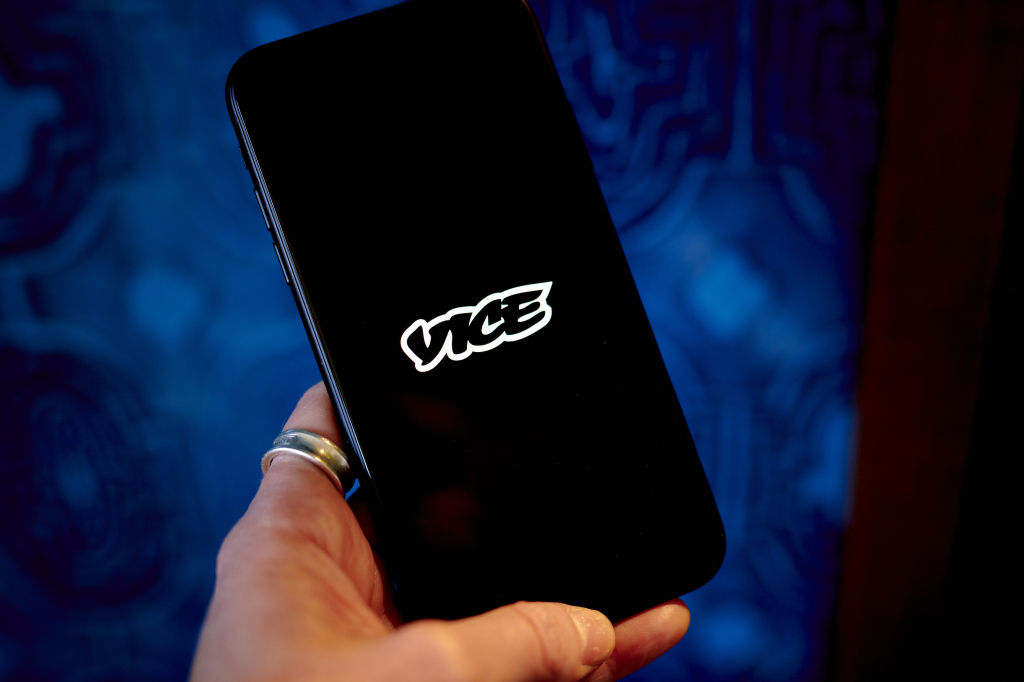 VICE bankruptcy: how did it happen?
VICE bankruptcy: how did it happen?Was the VICE bankruptcy inevitable? We look into how the once multibillion-dollar came crashing down.
-
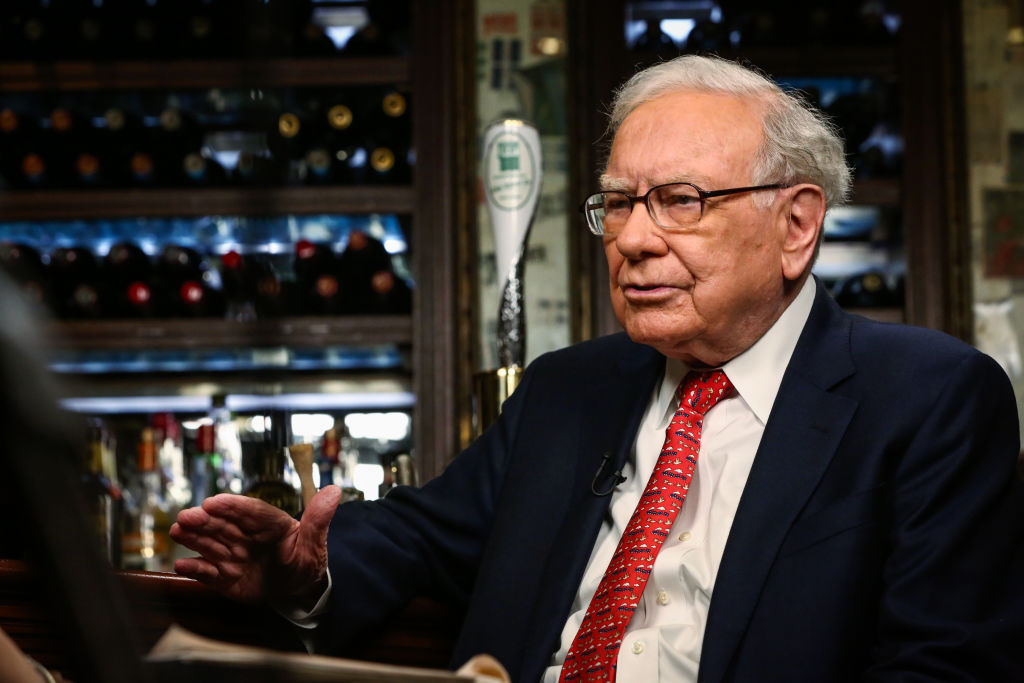 What is Warren Buffett’s net worth?
What is Warren Buffett’s net worth?Warren Buffett, sometimes referred to as the “Oracle of Omaha”, is considered one of the most successful investors of all time. How did he make his billions?
-
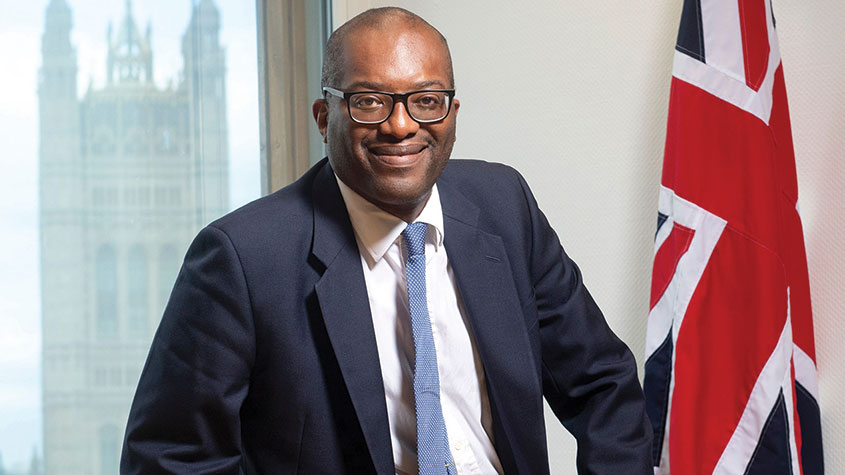 Kwasi Kwarteng: the leading light of the Tory right
Kwasi Kwarteng: the leading light of the Tory rightProfiles Kwasi Kwarteng, who studied 17th-century currency policy for his doctoral thesis, has always had a keen interest in economic crises. Now he is in one of his own making
-
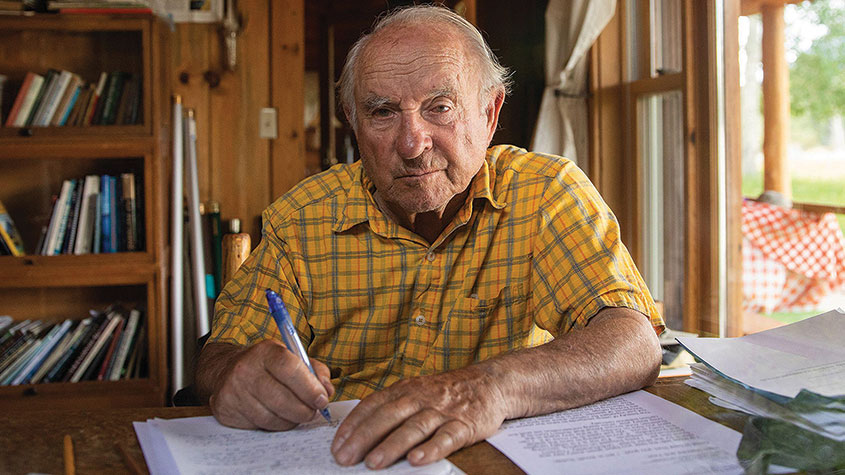 Yvon Chouinard: The billionaire “dirtbag” who's giving it all away
Yvon Chouinard: The billionaire “dirtbag” who's giving it all awayProfiles Outdoor-equipment retailer Yvon Chouinard is the latest in a line of rich benefactors to shun personal aggrandisement in favour of worthy causes.
-
 Johann Rupert: the Warren Buffett of luxury goods
Johann Rupert: the Warren Buffett of luxury goodsProfiles Johann Rupert, the presiding boss of Swiss luxury group Richemont, has seen off a challenge to his authority by a hedge fund. But his trials are not over yet.
-
 Profile: the fall of Alvin Chau, Macau’s junket king
Profile: the fall of Alvin Chau, Macau’s junket kingProfiles Alvin Chau made a fortune catering for Chinese gamblers as the authorities turned a blind eye. Now he’s on trial for illegal cross-border gambling, fraud and money laundering.
-
 Ryan Cohen: the “meme king” who sparked a frenzy
Ryan Cohen: the “meme king” who sparked a frenzyProfiles Ryan Cohen was credited with saving a clapped-out videogames retailer with little more than a knack for whipping up a social-media storm. But his latest intervention has backfired.
-
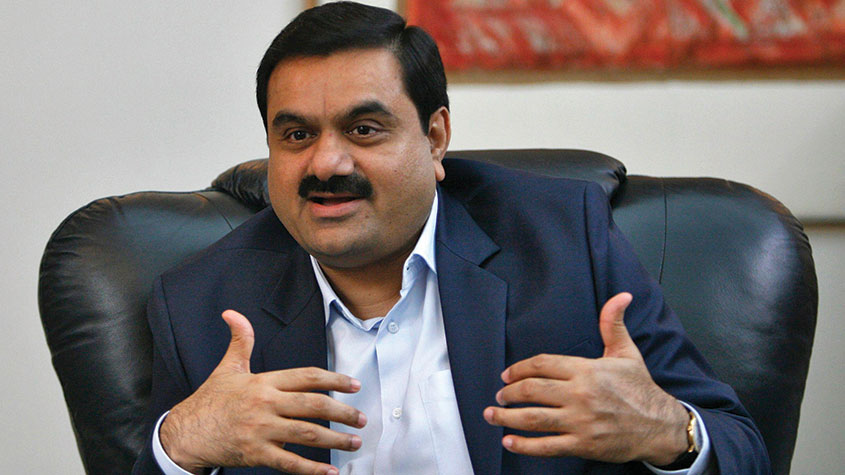 The rise of Gautam Adani, Asia’s richest man
The rise of Gautam Adani, Asia’s richest manProfiles India’s Gautam Adani started working life as an exporter and hit the big time when he moved into infrastructure. Political connections have been useful – but are a double-edged sword.